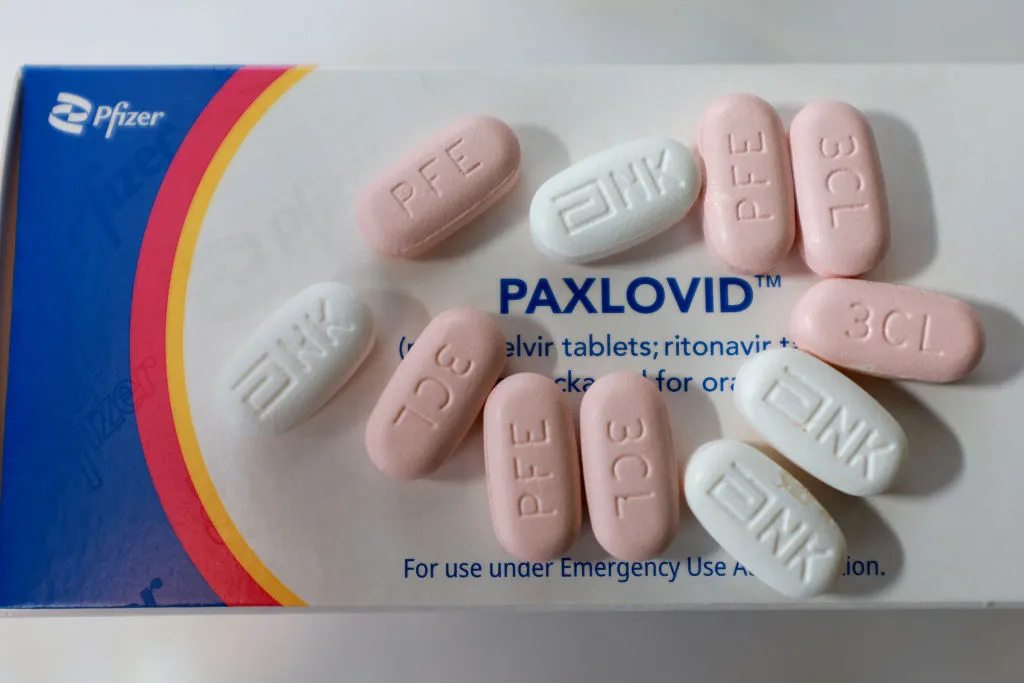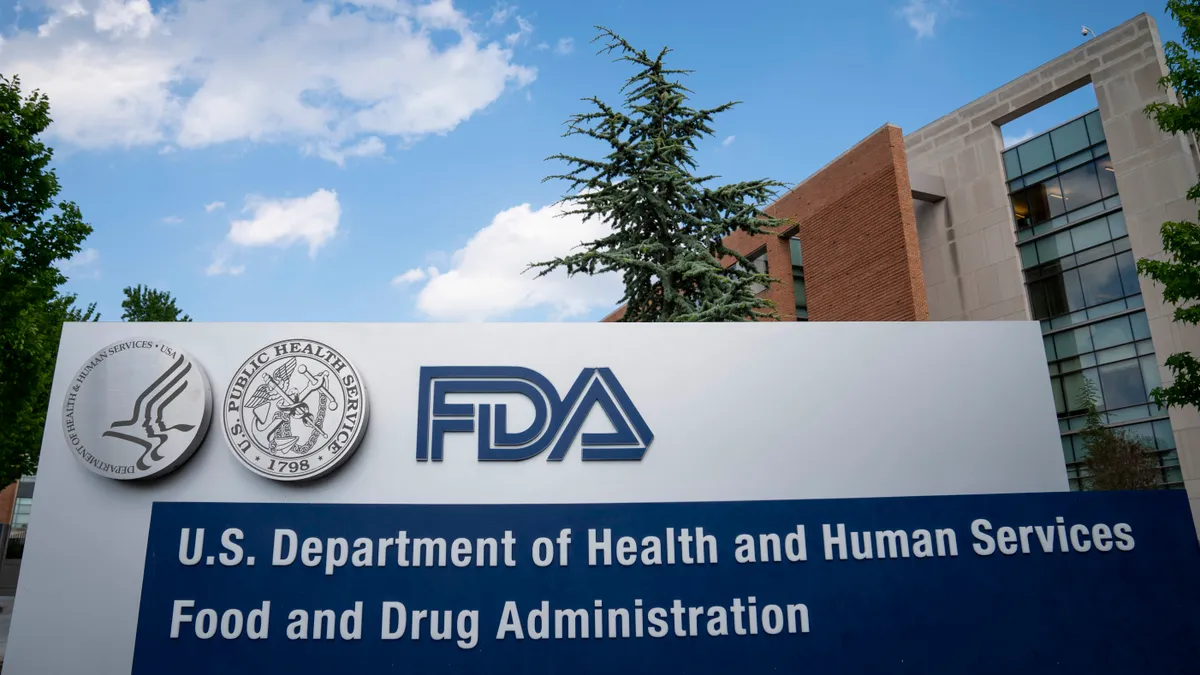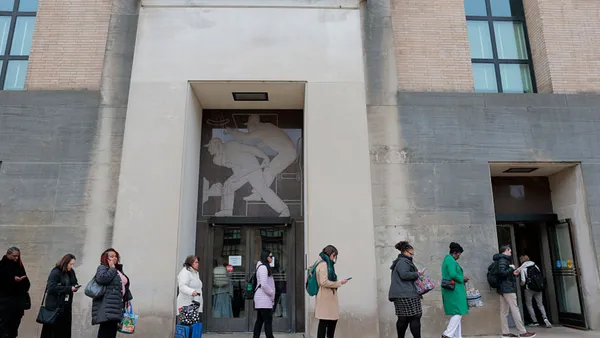This year is not only outpacing 2022 in terms of overall approvals, it’s also been a year of several firsts for novel drugs. As of Nov. 27, the FDA has approved 52 novel drugs, which is back on track with previous years after a low of 37 in 2022.
And the year’s not over yet. Later this week, the agency may make history again with the first FDA-approved gene editing treatment based on Nobel Prize-winning CRISPR technology.
Here are four of the most impactful drug approvals of 2023 so far, plus more on the CRISPR approval that could be around the corner.
The first vaccine against RSV is a blockbuster in the making
Developer: GSK
Drug: Arexvy
Why it matters: The FDA approved Arexvy in May for adults aged 60 or older, making it the world’s first RSV vaccine. The drug, which is also approved in Europe, Japan and other countries, is on track to bring in more than $1 billion in revenue the first year, GSK’s CEO said last week.
The market — and room for growth — is huge. Globally, RSV affects roughly 64 million people and causes 160,000 deaths each year.
Arexvy blazed a trail for other RSV vaccines this year, including AstraZeneca and Sanofi’s Beyfortus became the first approved for babies and toddlers in July.
A promising Alzheimer’s drug also comes with controversy
Developer: Eisai/Biogen
Drug: Leqembi
Why it matters: After winning an accelerated approval by the FDA in January, Lequmbi’s full approval in July was hailed as “momentous” by the Alzheimer’s community.
The beta amyloid-targeting monoclonal antibody was shown in FDA-reviewed trials to slow memory and thinking declines by 27% after 18 months. Although the OK was less controversial than Biogen’s 2021 accelerated approval for Aducanumab, which was dogged by safety and cost concerns, the Leqembi breakthrough is still facing challenges. The drug carries a black box warning for brain bleeding and swelling side effects. There are also concerns about the drug’s price tag — $26,500 per year — and that it could drive up Medicare costs. Medicare said it would cover 80% of costs for the drug.
The first oral antiviral COVID-19 treatment in adults raises questions about “rebound” infections
Developer: Pfizer
Drug: Paxlovid
Why it matters: After receiving emergency use authorization for a broader population, including high-risk pediatric patients, in late 2021, Pfizer’s antiviral Paxlovid received full approval this year to treat mild-to-moderate COVID in adults at high risk for severe illness. The decision made Paxlovid, which was shown to significantly reduce the rate of hospitalization or death, the first oral antiviral pill approved by the FDA to treat COVID in adults.
But Paxlovid comes with questions about “rebound” infections, which can trigger the return of symptoms or virus shedding among people who’ve already recovered. However, rebound COVID can occur in patients who haven’t taken Paxlovid, too, and in its announcement of the approval, the FDA stated there “is not a clear association between Paxlovid treatment and COVID-19 rebound.”

The first oral medication for postpartum depression
Developer: Sage Therapeutics and Biogen
Drug: Zurzuvae
Why it matters: Zurzuvae, which was granted FDA approval in August, is the first oral medication to treat postpartum depression. Previously, treatment for PPD was only available as an IV injection administered by a healthcare provider. An oral medication allows easier and wider access to new mothers, one in seven of whom report suffering from PPD.
That easier access is reflected in Zurzuvae’s price: $15,900 for a course of treatment versus $34,000 for the IV PDD treatment Zulresso, which Sage also makes.
The companies suffered a setback with the medication however, when it was rejected by the FDA for major depressive disorder.
A potential big approval around the corner
This year could also see the first-ever CRISPR approval in the U.S. With a PDUFA date of Dec. 8, Vertex Pharmaceuticals and CRISPR Therapeutics’ gene editing treatment for severe sickle cell disease, Casgevy, is being considered for patients 12 and older. The drug is being touted as a potential cure for the devastating inherited disease.
On Oct. 31, an independent advisory panel told the FDA that the drug was safe, carried a “remarkable clinical benefit,” and said that any potential "off-target" effects didn’t outweigh the benefits. The drug also won approval in the UK in mid-November for sickle cell disease and beta thalassemia.











